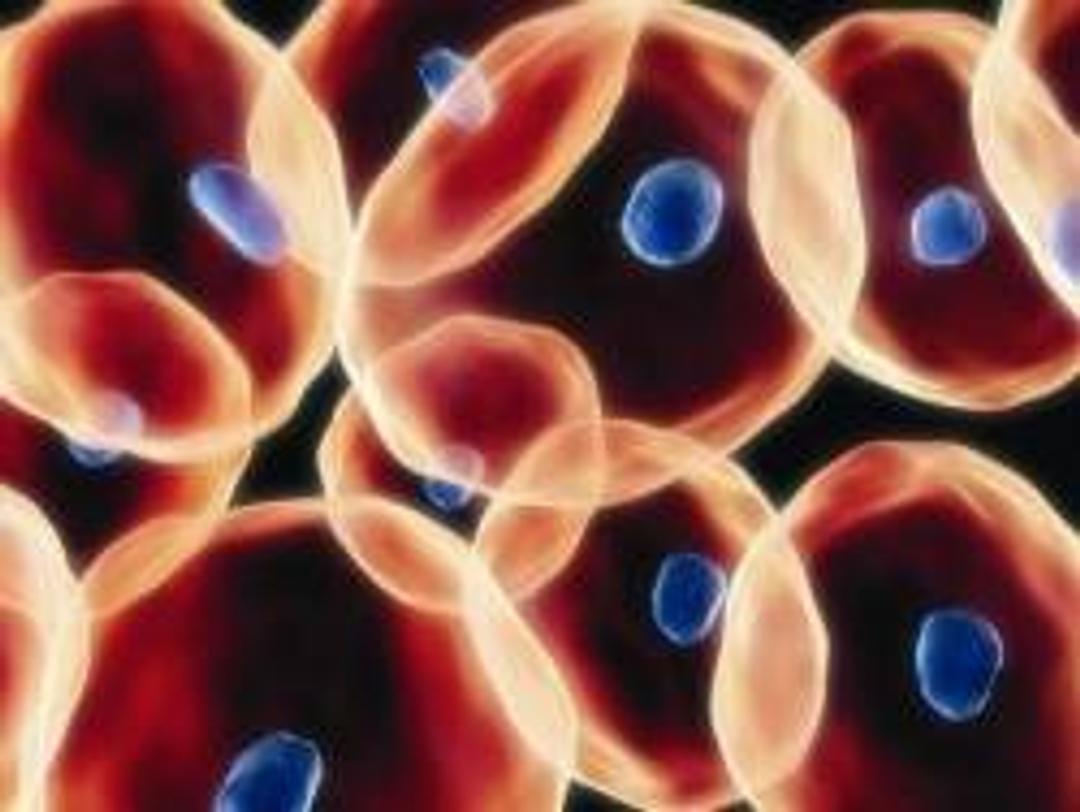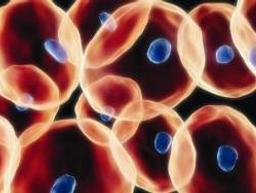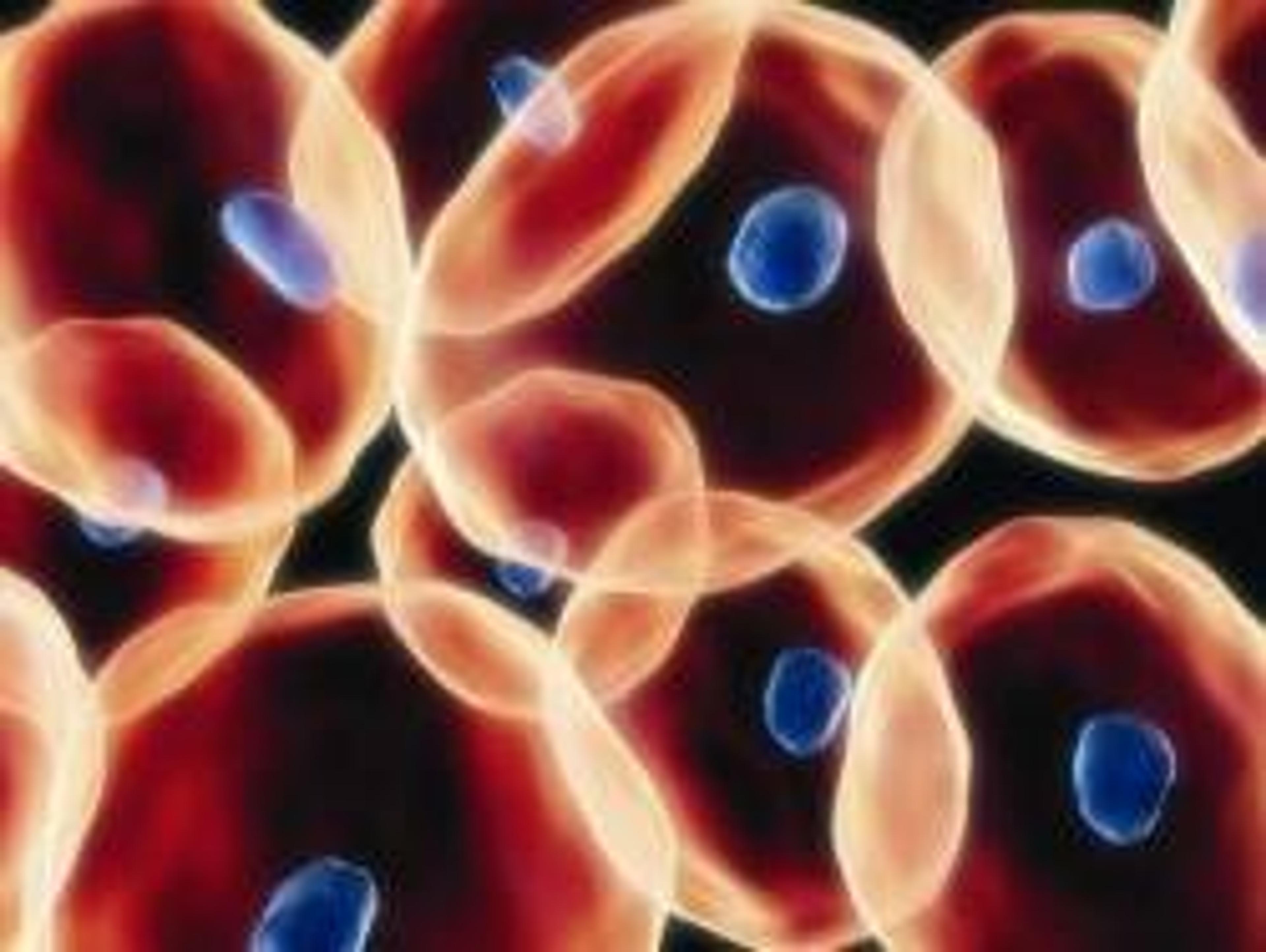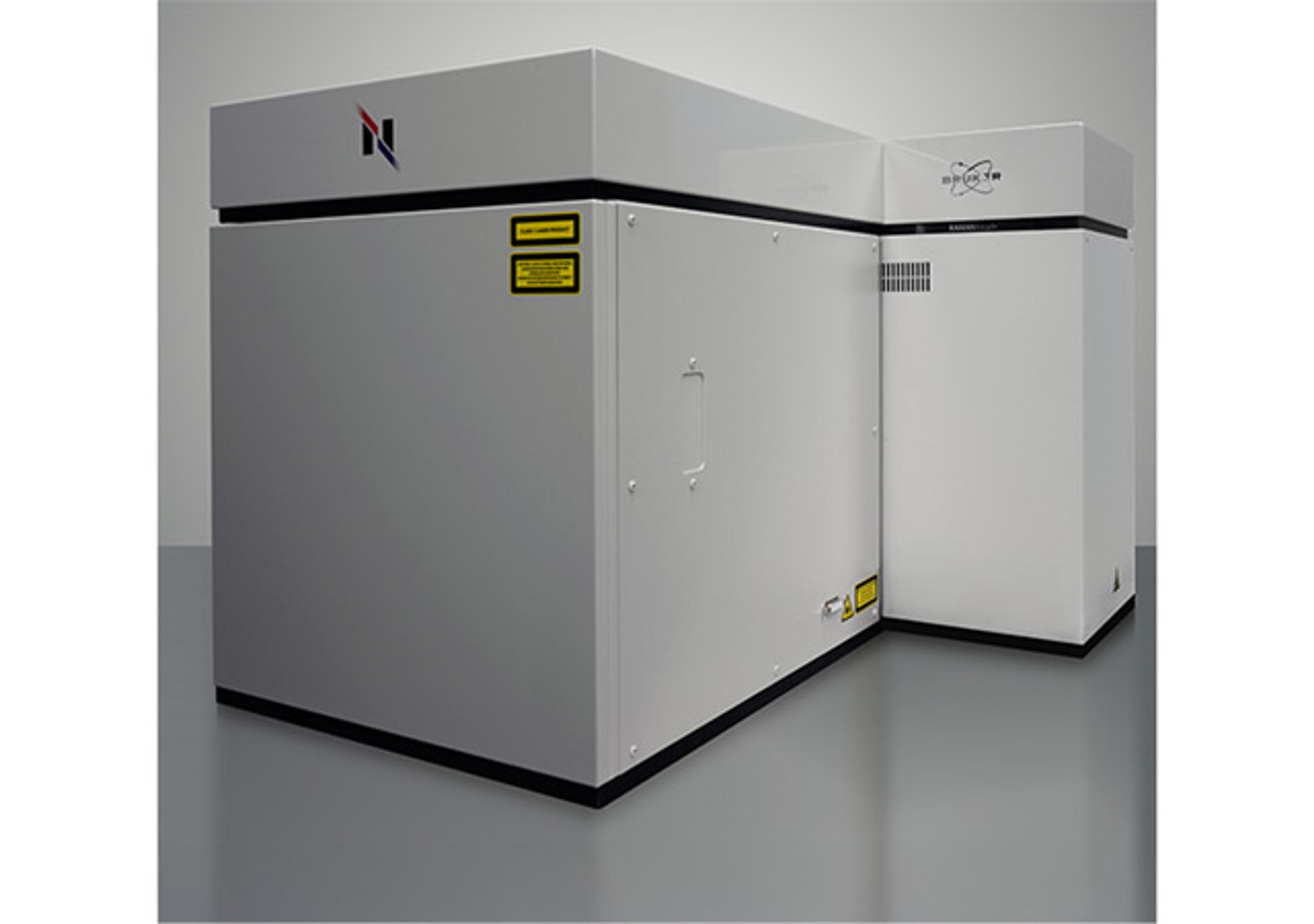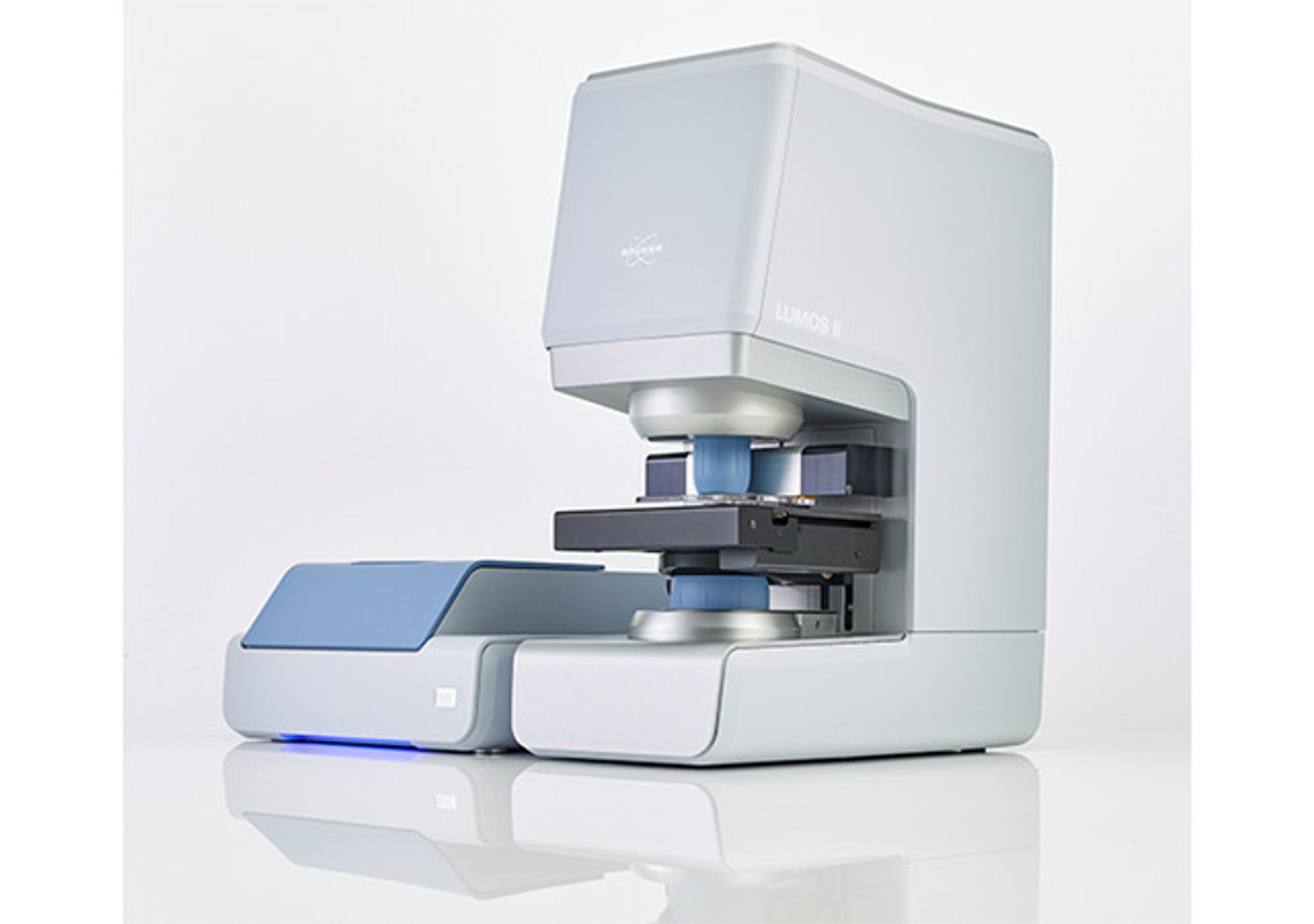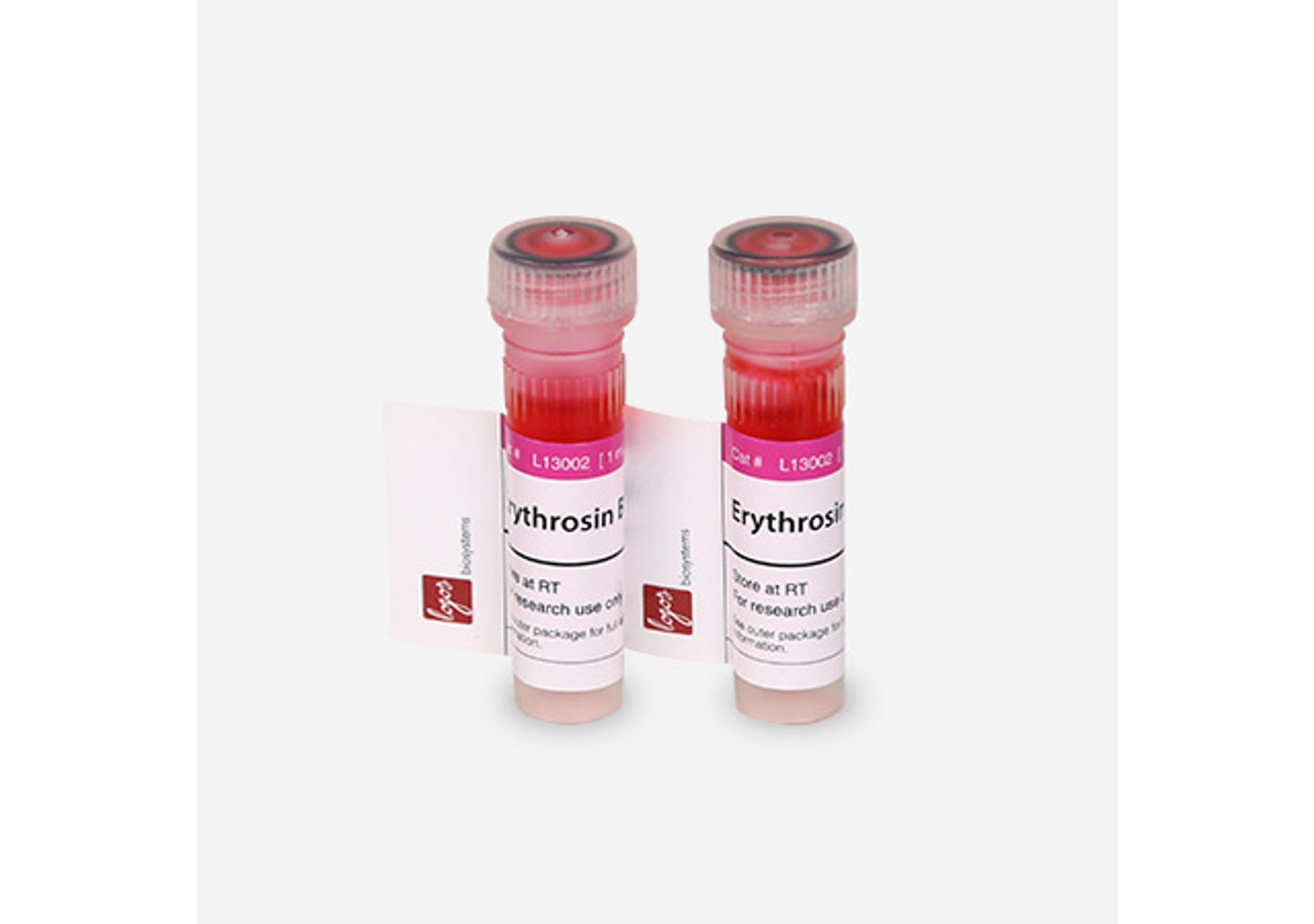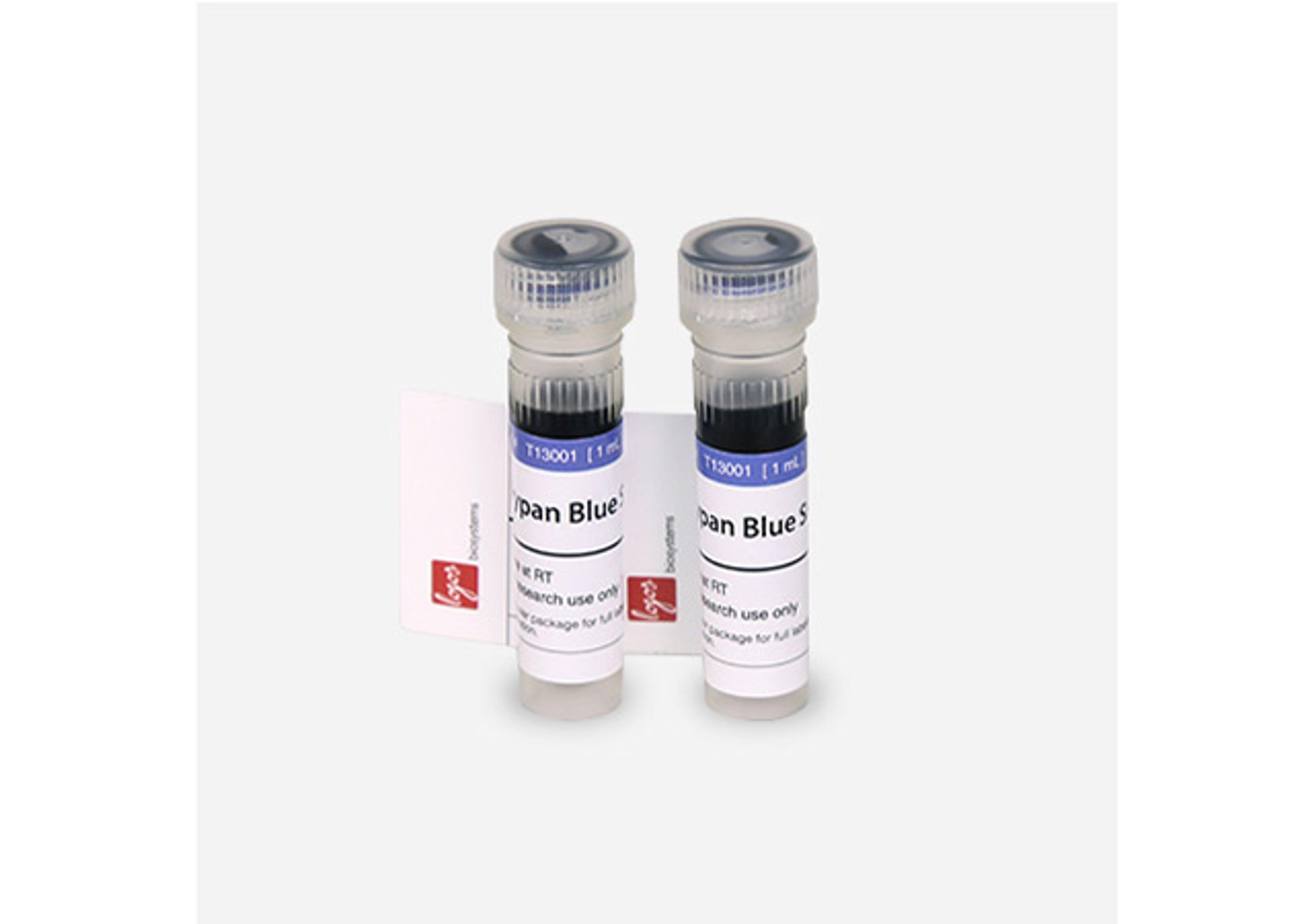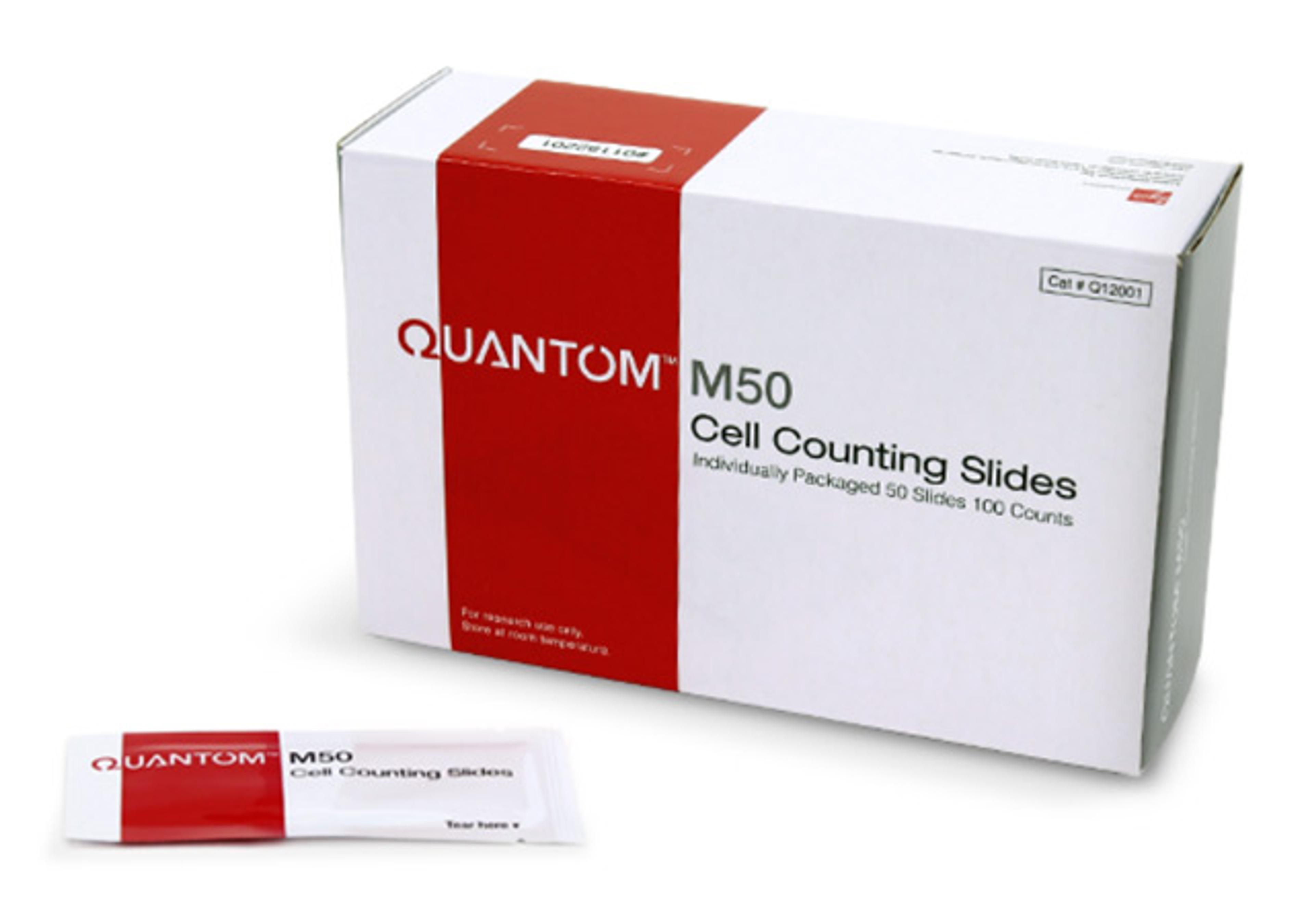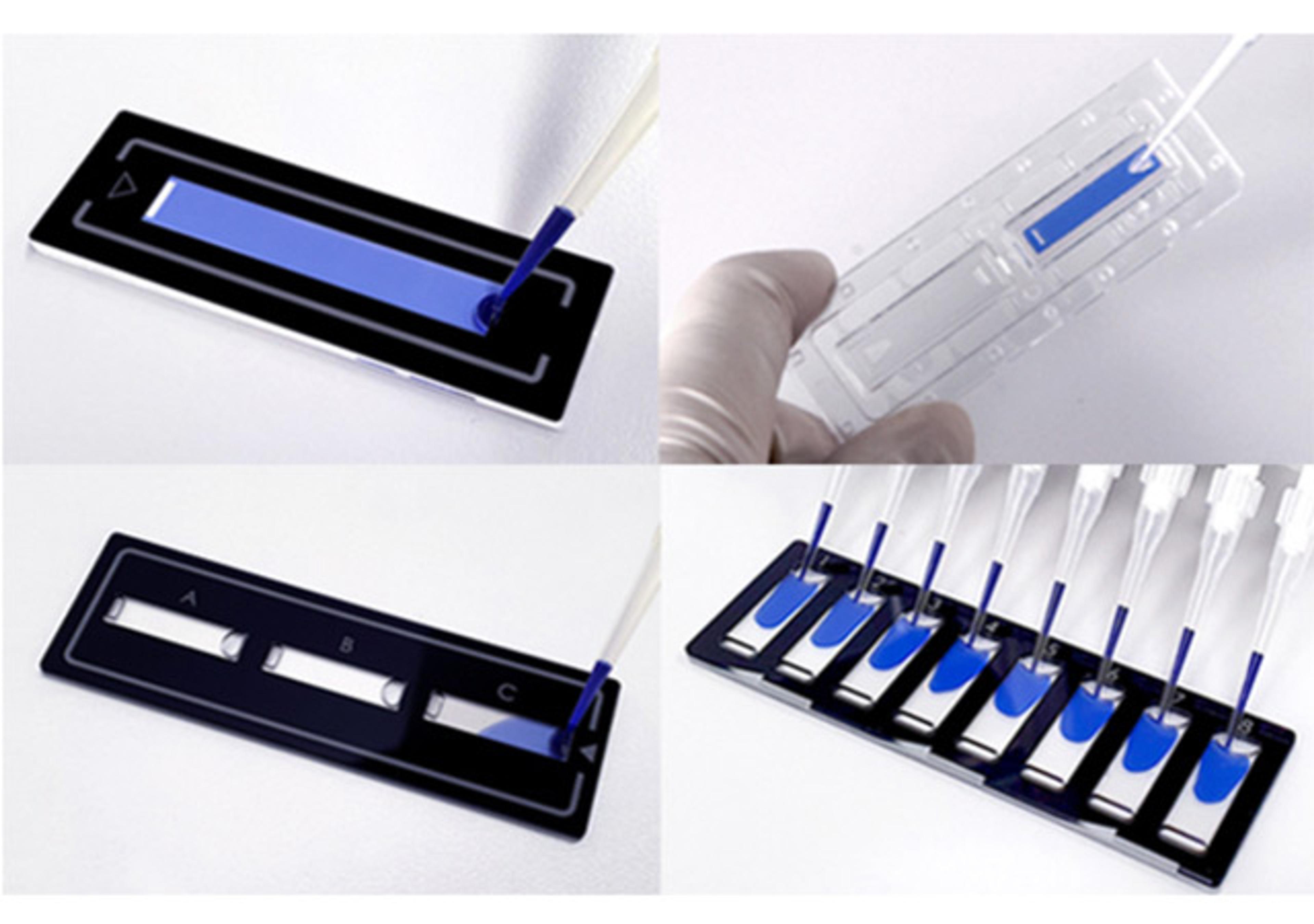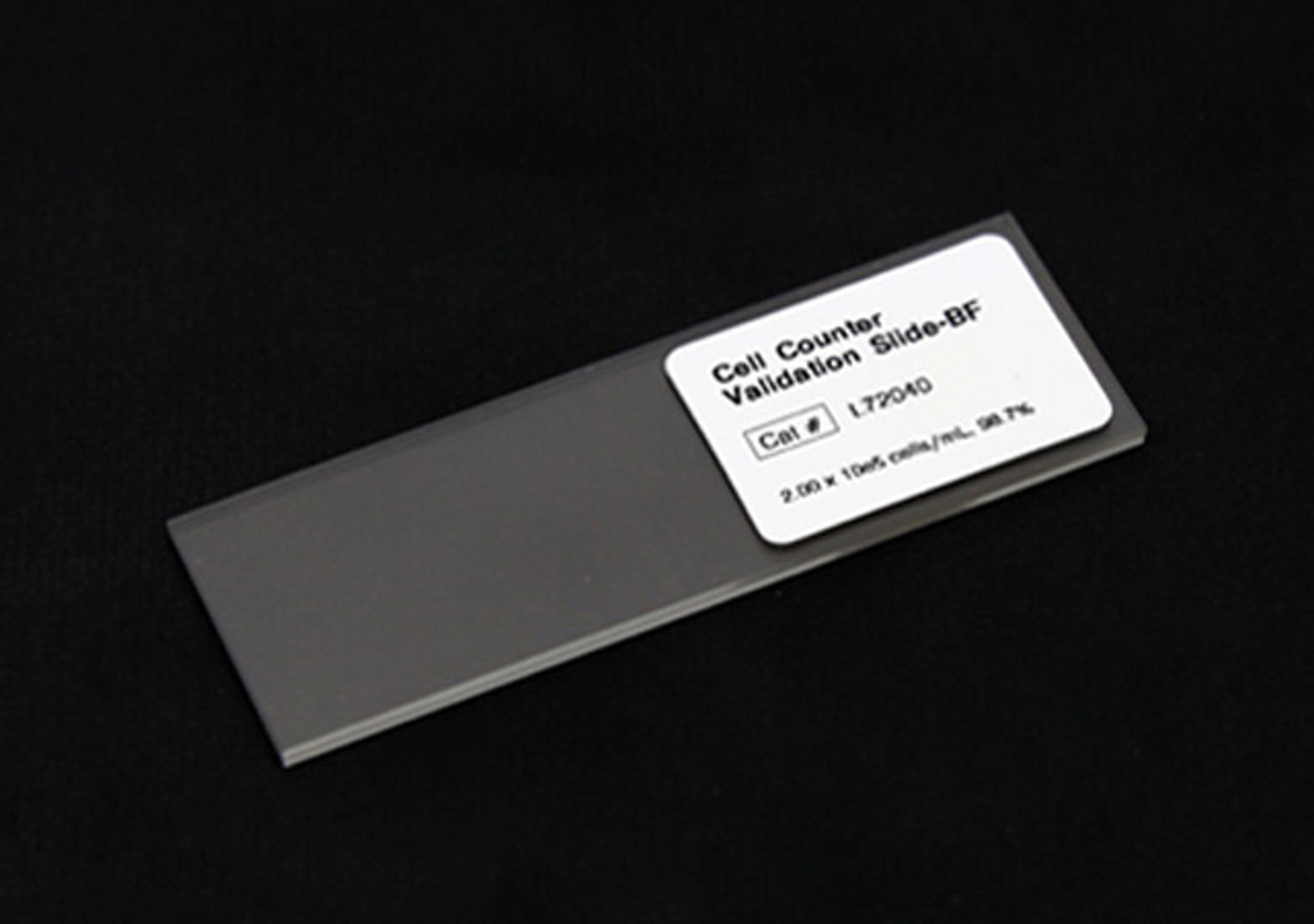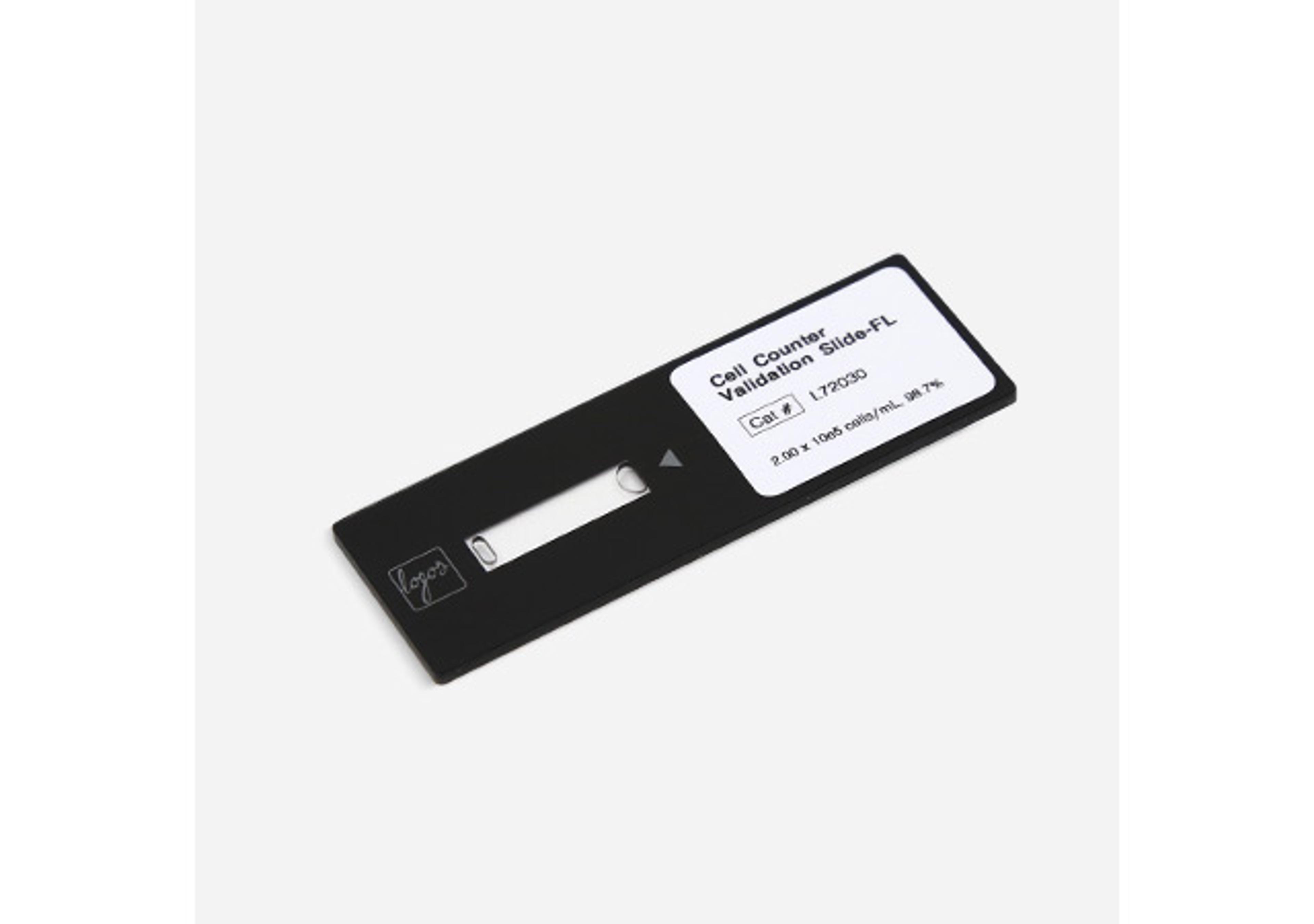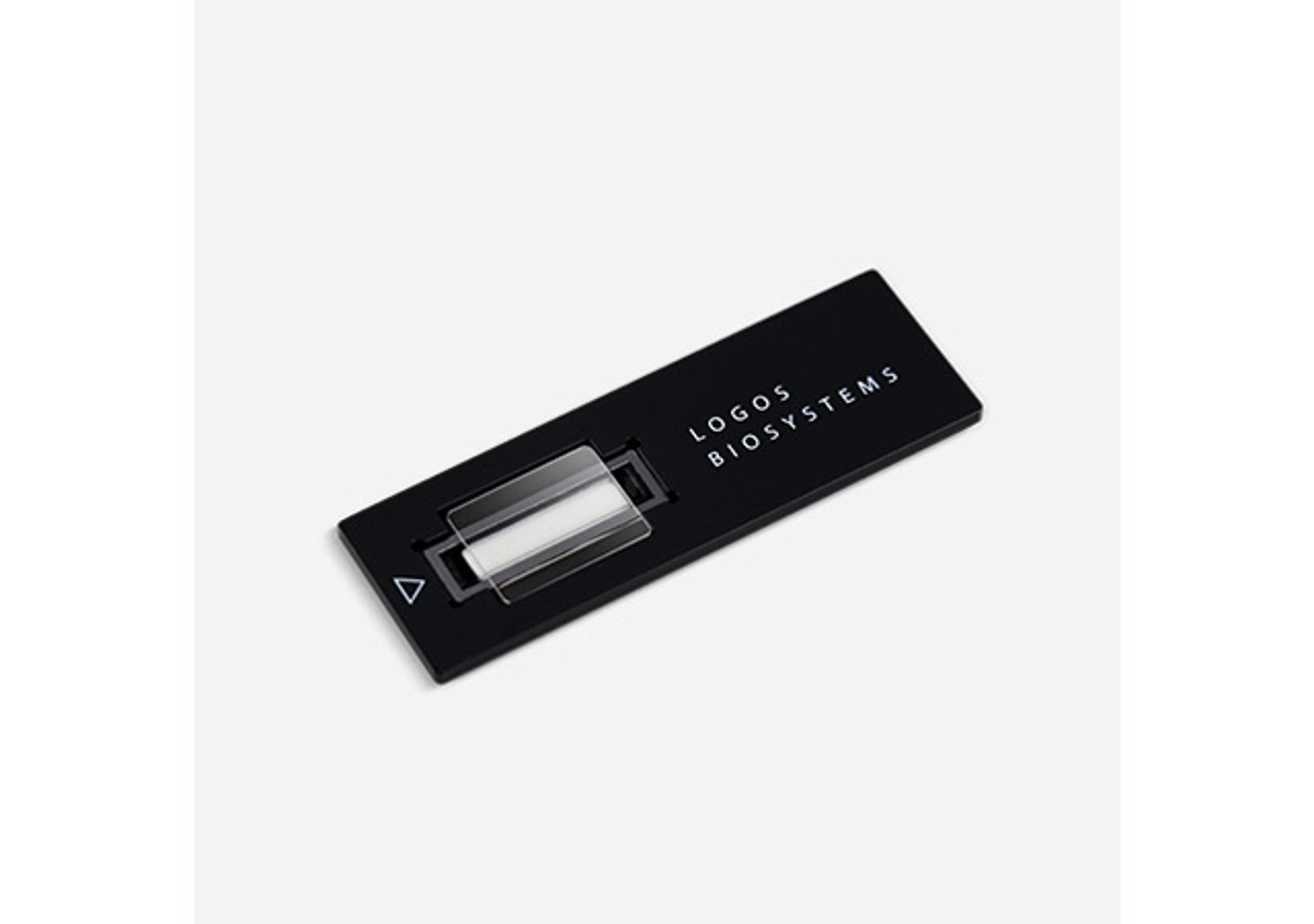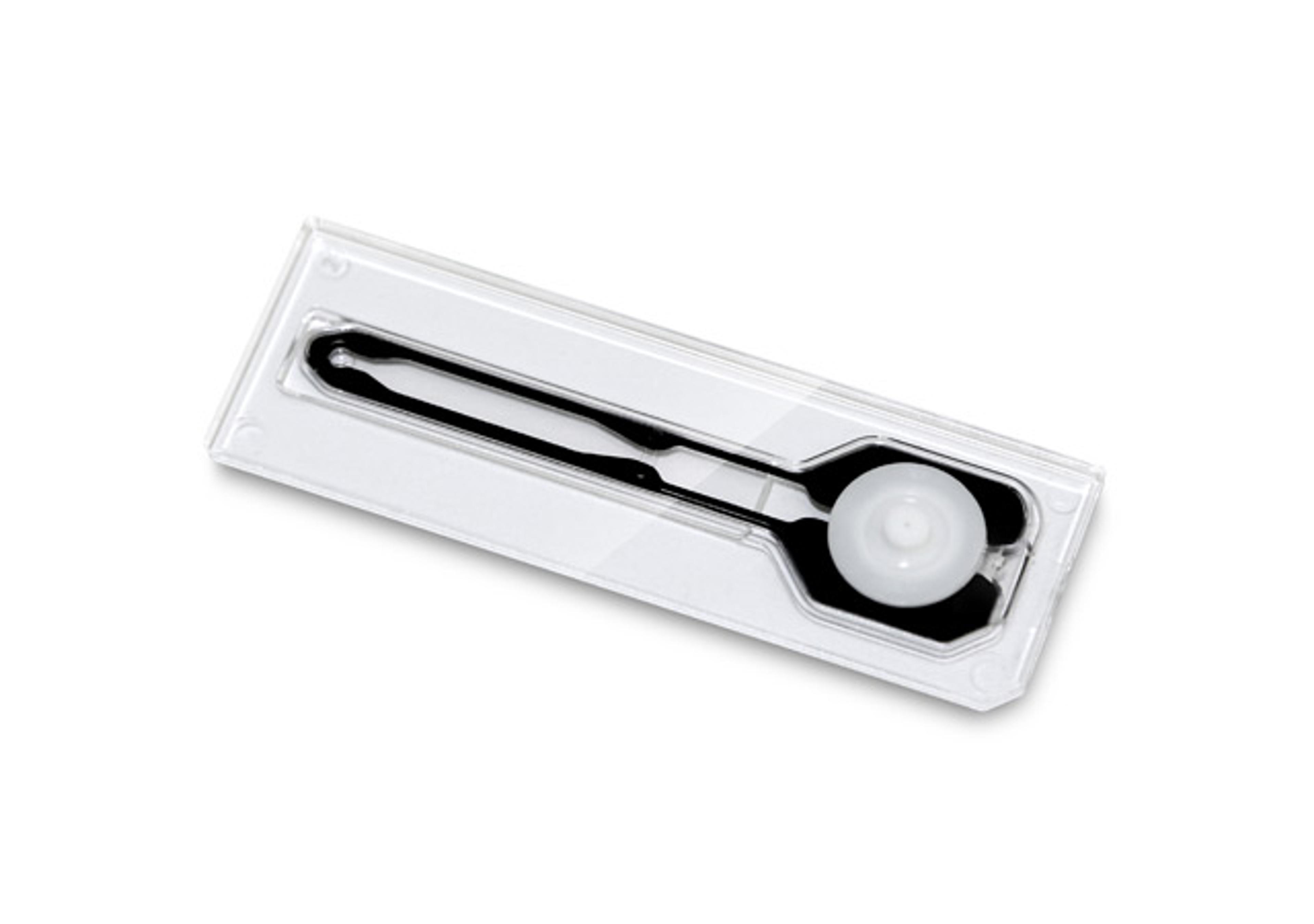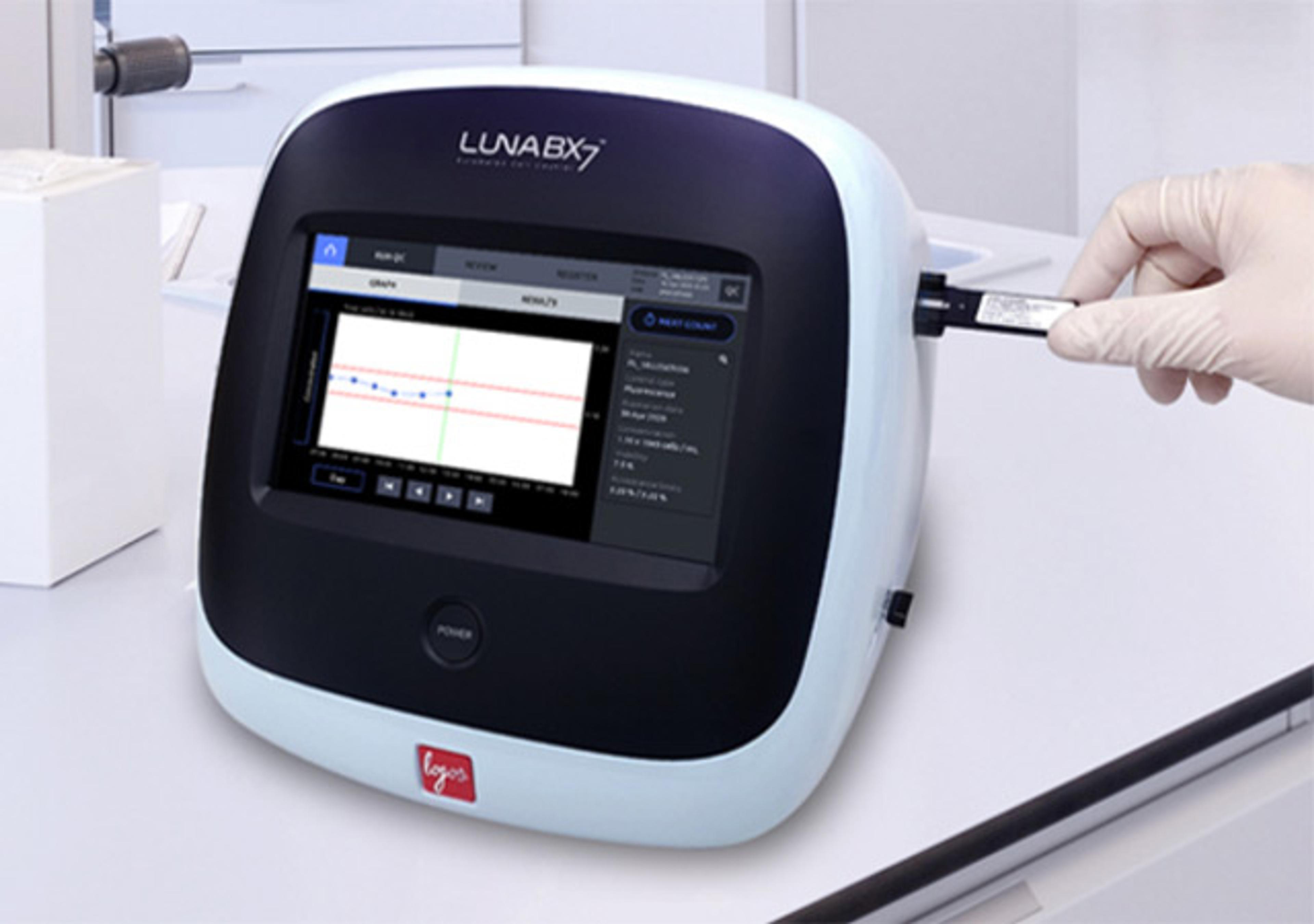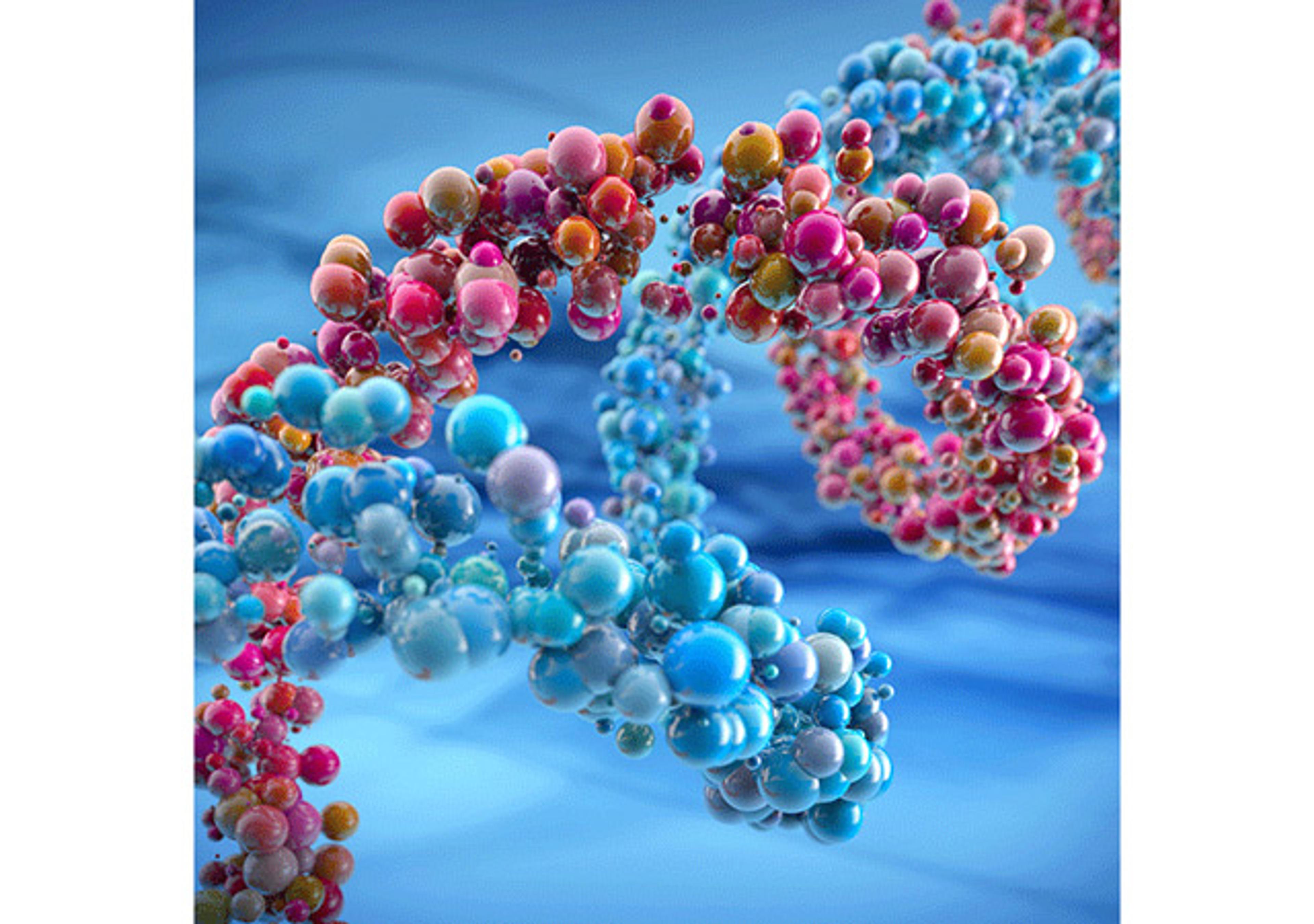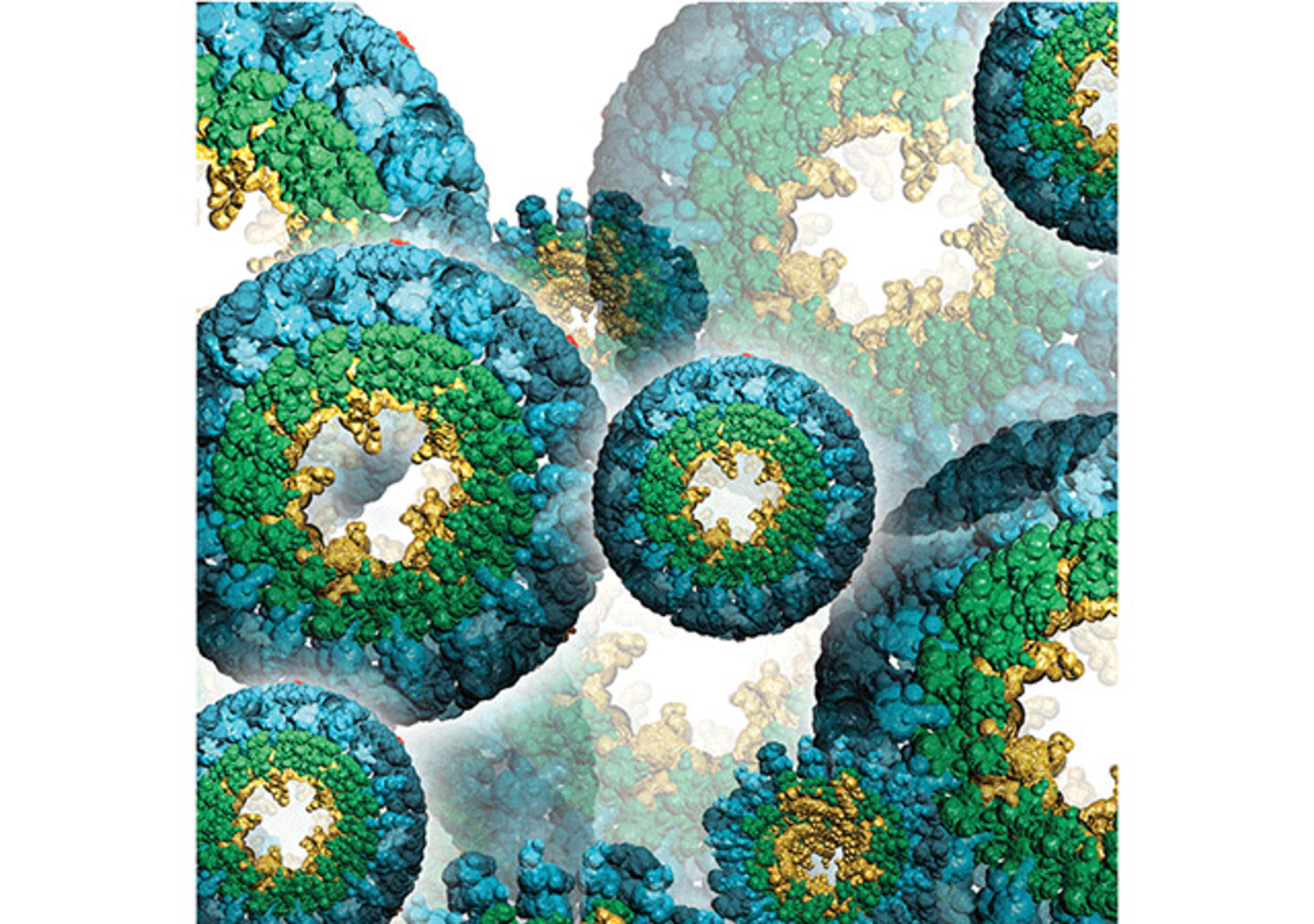CytosALL RNA Extraction Kit & Reagent
Thermo Scientific CytosALL Reagent can be used to prepare cytoplasmic RNA that is free from detectable genomic DNA contamination. The reagent selectively lyses the cell membrane leaving the nuclear membrane intact, thereby preventing carry over of DNA. CytosALL Reagent can be used to extract total RNA in a rapid 3-step protocol while the CytosALL RNA Extraction Kit includes specially developed barrier pipette tips which elimin…

The supplier does not provide quotations for this product through SelectScience. You can search for similar products in our Product Directory.
Good results
Analysis of this cell culture
Excellent
Review Date: 18 Jul 2023 | Thermo Fisher Scientific
Great result!
PCR
Great!
Review Date: 28 Sept 2021 | Thermo Fisher Scientific
Thermo Scientific CytosALL Reagent can be used to prepare cytoplasmic RNA that is free from detectable genomic DNA contamination. The reagent selectively lyses the cell membrane leaving the nuclear membrane intact, thereby preventing carry over of DNA. CytosALL Reagent can be used to extract total RNA in a rapid 3-step protocol while the CytosALL RNA Extraction Kit includes specially developed barrier pipette tips which eliminate centrifugation steps for even greater speed and convenience. Lysates can be used directly in a wide range of applications including reverse transcription PCR (RT-PCR) and quantitative RT-PCR (QRT-PCR).
Benefits
Convenient Protocol: Minimize handling and save time when processing many samples (Reagent protocol ~15 mins ; Kit protocol ~5 mins). Lysates are stable for up to 2 weeks at -20°C.
RNA Purification Not Required: Lysates can be used directly in PCR applications, eliminating the need for Poly (A) or silica-based separation of RNA. Cumbersome organic extraction steps involving phenol, ethanol or salts are eliminated. Sample loss and the introduction of size or sequence bias in the RNA population due to purification steps are avoided.
DNA Removal Not Required: Lysates are free of detectable genomic DNA contamination, reducing false positive results. No treatment is needed to remove or inactivate DNase. Standard primers can be used - cDNA specific primers that discriminate between cDNA-derived and genomic DNA-derived amplification are not required.

